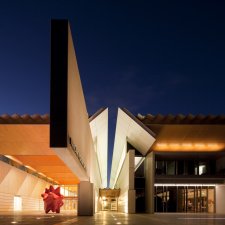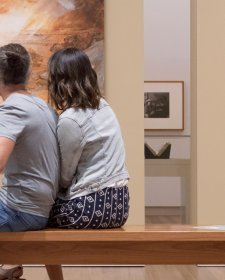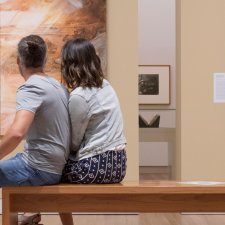I was interested in writing very early, poetry mainly; I never really had any intention of writing novels at all. And then later on, when I discovered I’d probably never be any good at all as a poet of any stature, I thought I might as well turn my hand to prose – which seems to imply that I regard prose as a second-best thing, but it isn’t that way at all. Probably I had less to say poetically, and I feel I can say more through the medium of prose.
I don’t write very much. I write probably a few hundred words a day when I’m working regularly on a novel, as I am at the moment. I divide the book normally, any book that I write, into sections, and usually each section is planned with such detail that I can write any portion of the book anywhere at all, and in fact I frequently do. I might write a section, an incident, from quite near the end, long before I begin the beginning. Actually the commencement of any novel, I think, is always the hardest part.
I write in longhand and I write it out once that way, then I type the second draft, altering as I go, and then the second typed draft is altered again and usually typed by someone expert, not by a two-finger typist like myself, for a third time through. And even then, even when you see the galley proofs, you still keep wanting to change words, and then the publisher steps in because of the expense and stops you.
I do become terribly involved with the characters I write about. In fact, you go to bed at night and you think ‘Now what would, say, Brewster or Mrs Redsetter do in a situation like this?’ and you do find occasionally that, despite detailed planning, little incidents take place that you hadn’t bargained for. Even in the novel I’m writing now, the characters become in a way just as real as the people you move with during the day.













